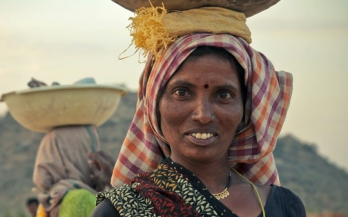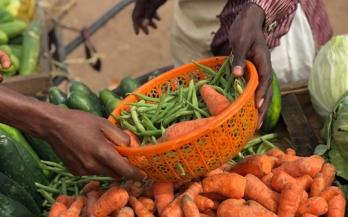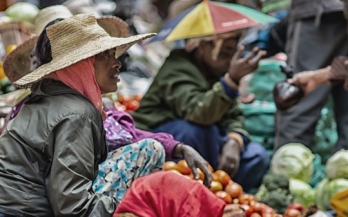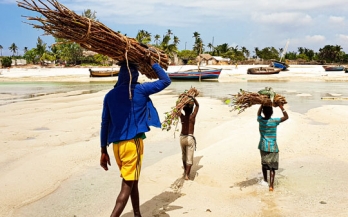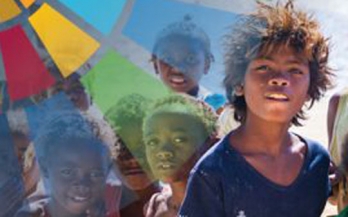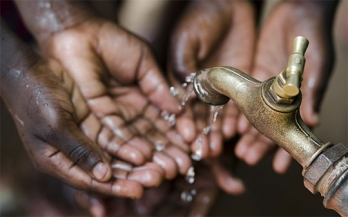Pakistan is a lower-middle-income country with a population of more than 215 million, and the 5th most-populous country in the world. At the current growth rate of 1.8%, its population is expected to increase to around 255 million by 2030. Pakistan has one of the world’s highest rates of malnutrition among women and children.
As a nation, India joins over 125 countries that have embarked on coordinating efforts for inclusive, multistakeholder Food Systems Summit Dialogues to engage around the vision of the ‘people’s summit’. All over the world, countries have been holding – and in some cases continue to hold – national and sub-national dialogues to surface and prioritise needs and actions.
Kenya has seen good progress against some malnutrition indicators, for instance in lowering rates of under-five stunting to around 26%. But this figure remains high, while hiding large variation across different population groups.
Nigeria is a vast and diverse nation, and Africa’s most populous country. While Nigeria enjoys a rich food culture increasingly recognised around the world, its food and nutrition issues remain significant. These must be overcome to achieve prosperity for all. Home to the second highest population of stunted children under five in the world, Nigeria also faces natural challenges and climate change challenges.
As a nation, Ethiopia joins over 125 countries that have embarked on coordinating efforts for inclusive, multistakeholder Food Systems Summit Dialogues to engage around the vision of the "people’s summit". All over the world, countries have been holding – and in some cases continue to hold – national and sub-national dialogues to surface and prioritise needs and actions.
At the national level, Mozambique joins over 125 countries that have embarked on coordinating efforts for inclusive, multistakeholder Food Systems Summit Dialogues to engage around the vision of the "people’s summit".
The number of people who go to bed hungry was rising steadily prior to the COVID-19 pandemic due to stresses related to climate, inequality and conflict, and now stands at 690 million. The pandemic has supercharged these trends. The latest UN estimates are sobering, with an additional 130 million projected to be suffering from hunger, even before the devastating pandemic numbers we are currently seeing from India and Brazil.
Dubbed a "Peoples Summit", it is open to unprecedented engagement in every country, from every sector, and every constituency. It is also dubbed a "Solutions Summit" with a focus on action. I lead one of the five thematic areas or "Action Tracks" (ATs) on "Ensuring access to safe and nutritious foods for all". There are four other ATs, a Science Group, a Champions Group, 4 cross-cutting Levers and the over 100 Summit Dialogues to date.
In the nine countries where GAIN works, lockdowns and border closures to mitigate the spread of the virus and the concurrent economic impact could greatly increase hunger. In some places, restrictions in movements and lay-offs would mean reduced accessibility to fresh produce and nutrient-rich animal-sourced foods, resulting in millions of people having to resort to less nutritious foods.
Water is often described as a precious commodity, but it is so much more than that. It enables and sustains life. In households, schools and workplaces. Water can mean health, hygiene, dignity and productivity. In cultural, religious and spiritual places, water can mean a connection with creation, community and oneself. In natural spaces, water can mean peace, harmony and preservation.


